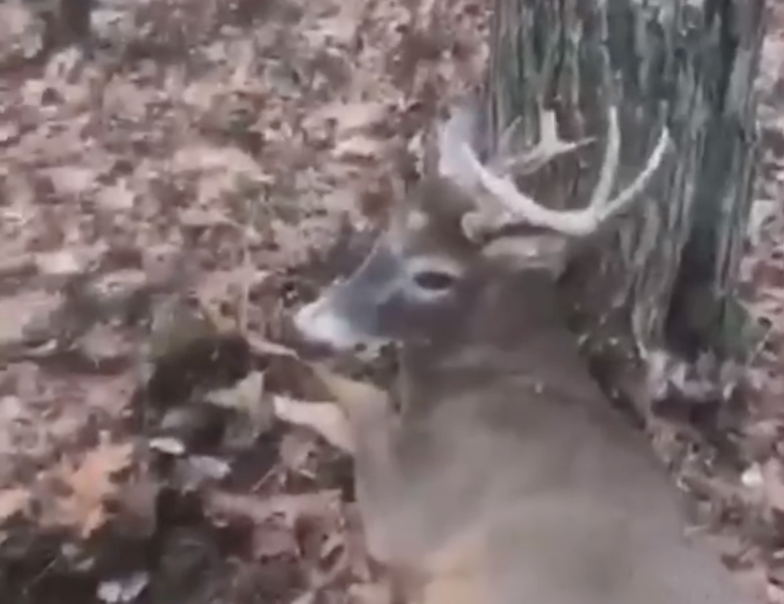A November incident where an immobile white-tailed deer was held down and repeatedly kicked as a smartphone video camera documented the attack has been resolved in court.
Alexander Brock Smith, 18, appeared May 6 in Jefferson County Court and pleaded guilty to a second-degree misdemeanor count of cruelty to animals.
Smith also pleaded guilty to summary counts of disturbance of game or wildlife, unlawful possession of game or wildlife, using unlawful devices or methods while hunting and failure to wear the required amount of fluorescent orange while hunting.
In exchange for his guilty pleas, Smith agreed to serve two years on probation, with his community service to be completed at an animal shelter and through presentations made to hunter-education classes and sportsmen’s clubs. He will be required to pay $1,650 in fines and his hunting license will be revoked for 15 years.
The rest of the charges Smith faced were dropped as part of the agreement.
Smith was charged alongside a 17-year-old juvenile whose case was resolved Thursday in Jefferson County juvenile court. Juvenile court records are not available for public view.
Videos Smith recorded of the Nov. 30 incident then shared through the messaging app SnapChat were seen by thousands of people worldwide, leading to significant public outrage over the incident.
The Game Commission launched an investigation immediately after receiving a report and filed a host of charges against Smith and the juvenile.
Among charges filed against each defendant were two felony counts of aggravated animal cruelty and two felony counts of conspiracy to commit aggravated animal cruelty.
Game Commission Executive Director Bryan Burhans praised the law-enforcement work that led to charges, and stressed that the deplorable actions depicted in the video in no way are representative of the hunting community.
“From the start, some of the loudest voices calling for justice in this case were those of hunters, who care deeply about wildlife and have always stepped up to protect it,” Burhans said.
“That mindset, passed down through the generations, might be the biggest reason we enjoy healthy and sustainable wildlife populations today.”
